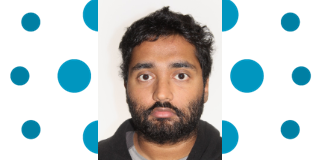The prevalence of thyroid cancer is increasing worldwide, making it the fifth most common cancer among women. Owing to its low cost and high sensitivity, ultrasound imaging is unchallenged in the detection of thyroid nodules. The resulting diagnosis, however, heavily relies on the experience of the clinician and the interpretation is based on relatively subjective criteria.
Given the worldwide shortage of expert sonographers and the increasing prevalence of thyroid cancer, there is a strong need to assist clinicians in their analysis of ultrasound images. The proposed thesis aims at developing software solutions based on Artificial Intelligence and more specifically deep learning neural networks, in order to help sonographers i) to select the most relevant planes of acquisition, ii) to objectively detect thyroid nodules and iii) to classify the nodules based on their malignancy. The originality of the proposed research project compared to the state of the art is twofold. First, it will rely on a close collaboration with the University Hospital of Nice, providing clinical expertise, curation of an extensive imaging database and access to state-of-the-art ultrasound devices with support from various industrial partners. Second, it will exploit potentially three-dimensional ultrasound data but also the time series of the raw radio-frequency signals acquired by the ultrasound probes, which potentially contains more information about the tissues than the classical image modality (B-mode).

















